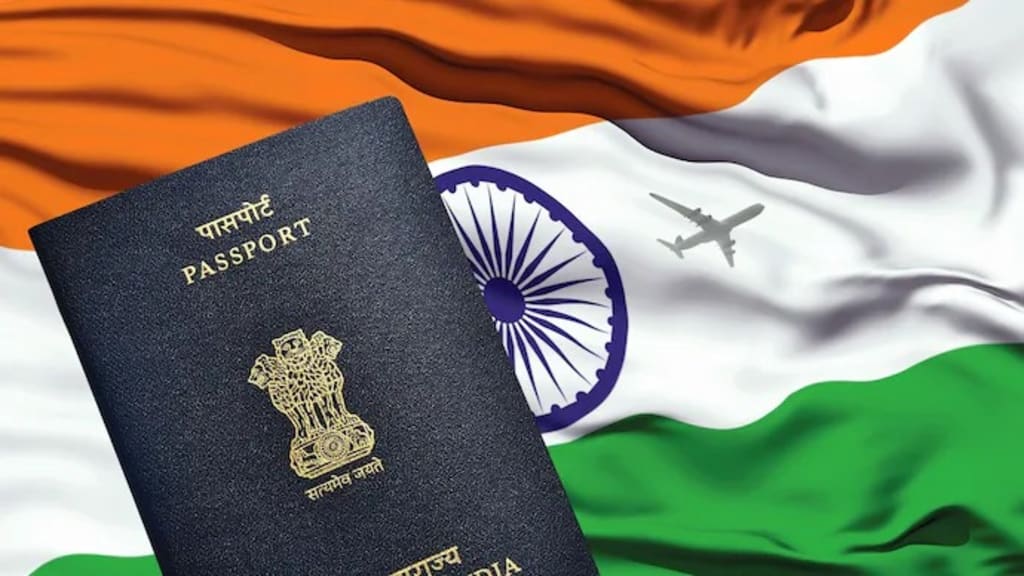India has finally introduced e-passports, marking a new chapter in digitally enriched travel for Indians. The high-tech passports, containing a secure microchip, look to ease immigration clearance, enhance document safety, and cut identity forgery. This step brings India in line with international norms followed by more than 100 nations, including the US and UK.
The microchip in the e-passport stores the holder’s biographic information, facial photograph, and digital signature, making tampering or forgery virtually impossible. At airports that have e-gates installed, such passports facilitate quicker processing, reducing wait times considerably—particularly for regular international travelers. Officials indicate that this will not just improve passenger comfort but also strengthen border security.
Citizens can simply use the current Passport Seva portal, in which there is an option for the e-passport available now. Applicants will get the enhanced document upon completion of biometric verification. The e-passports are to be initially launched in major metro cities, with the complete country expected to be covered by 2026.
According to the Ministry of External Affairs, more than 200,000 e-passports have already been issued during the pilot run. Travelers have welcomed the long-lasting polycarbonate material and in-built chip, terming it a much-needed technological upgrade. Experts comment that this is a major stride in making Indian travel infrastructure future-ready and globally competitive.








